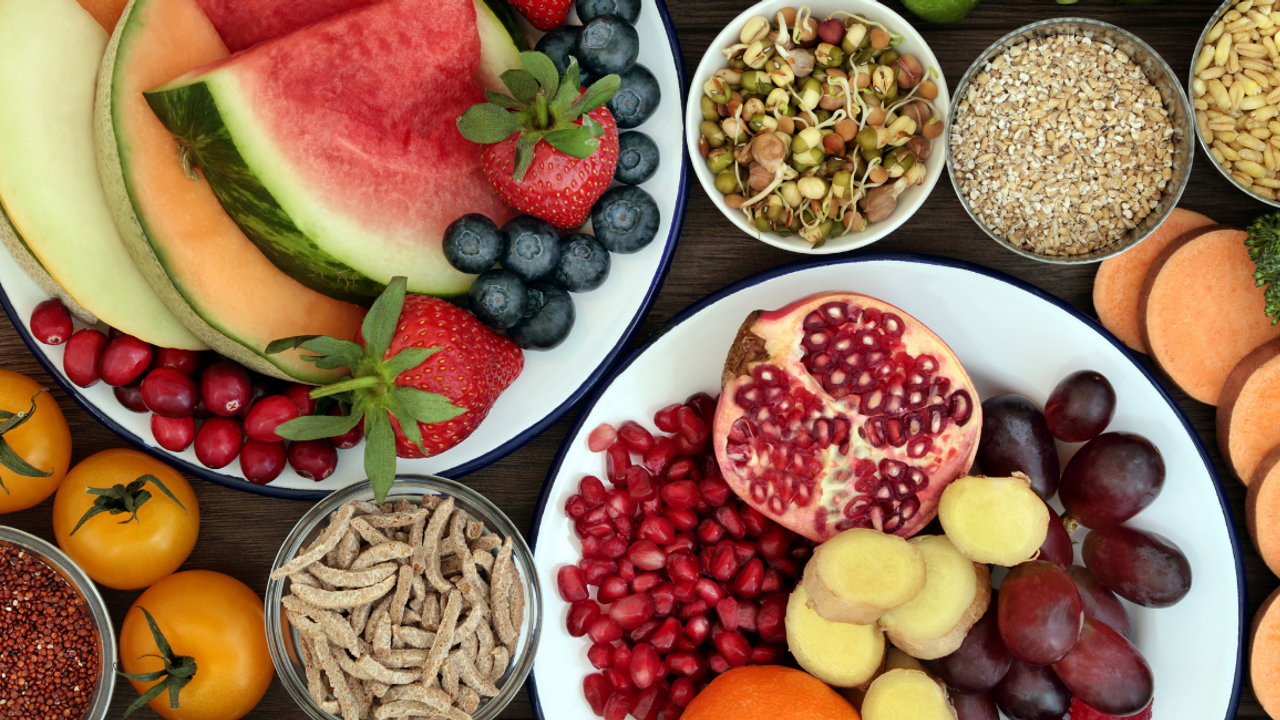
Why is Nutrition Important?
The cells of the human body receive their nutrition from within. Some through the food we eat, some we produce on our own. The body creates an intricate cocktail of nutrients for the needs of each organ and structure. In the perfectly healthy organism the “kitchen” cooking up the cocktail is operating at high efficiency, there are no obstructions and every destination gets what it needs. You can imagine this reflects rather positively on appearance.
The problem arises when the body doesn’t have the raw materials to prepare the cocktail and/or when the “kitchen” operation gets disrupted. If you lost me in this analogy, I am talking about our diet, which is the raw material for our body, and factors such as our environment, lifestyle, etc. which contribute to how well our body can absorb and utilize the food.
If our aesthetic strategy is built on cosmetic procedures and our diet and lifestyle are crap, we are going to be disappointed with the result of that strategy. The only exception to this rule is winning a true genetic lottery. Yes, there are a few women out there whose faces and bodies can withstand the worst treatment for the longest time. The issue is that it's very hard to tell whether that’s you or not. You will only know for sure once you reach old age. Until then you are gambling.
Problems with Evaluating Science-Based Nutritional Guidance
What are the raw materials that we need and how do we get them? There are so many contradictory theories and scientific studies in the field of nutrition. And as always, there are plenty of financial interests that influence what is researched and which parts of research are shown to the public.
From a laymen’s perspective, the study of nutrition is confusing. The examination of a single substance’s effect on a single symptom or a process could be fascinating, but what’s the productive outcome? Usually, it goes something like this: substance X improved process Y in a lab rat, therefore we should all immediately eat foods that contain substance X 3 times a day.
“The idea that we can fully understand the nourishing effects of foods purely in terms of the qualities of their component parts — has fared much less well than tradition and convention in picking out the kinds of meals that are genuinely conducive to human health. Knowing how many fats, carbs, and calories one is consuming is all fine and good, but such knowledge is of little real use unless one knows, as we simply don’t, precisely how those components work together with our bodies and the rest of the substances they are combined with, in the intricate dances that are the preparation, consumption, and digestion of food." (John Schwenkler Ph.D. Berkeley wrote in the "Nutrition and Tradition", New Atlantis).
This approach of focusing on parts rather than looking at the whole system is very similar in fitness. As I mentioned in my post about fascia, the traditional fitness strategy focuses on isolated muscles by training each on a specific machine, while the rest of the body is sitting mostly idle. You may get big muscles, but you are missing the boat when it comes to creating a functionally strong, well-balanced body.
Measuring an outcome based on an isolated process or symptom just doesn’t seem wise. Why not look at long-term health and quality of life improvement? I imagine, it is not an easy thing to accomplish, but isn’t it the most important metric?
In the absence of clear cohesive guidance from the field of nutritional science, I believe, we are left with intuition and wisdom from the past.
Intuition and Wisdom from the Past
Scientific debate aside, one traditional wisdom seems to persist and that’s the value of live, whole, enzymatically rich foods. Those are plant-based unprocessed uncooked fresh foods like organic greens, berries, veggies, and fruits. It's not my intention to define the whole diet protocol here or recommend a plant-based over carnivore diet. What I am advocating is the consumption of raw unprocessed veggie/fruit/greens every day, if your body allows. This could be a morning smoothie, a large salad with homemade dressing, or any other idea.
We need the enzymes from these foods to help in digestion, we need the fiber to sweep and clean up the colon, the combination of both to break down mucoid plaque lining our intestines and allow for better nutrient absorption. Live foods are a rich energetic source, as well. No wonder most major religions have been practicing plant-based fasting for millennia, they didn’t need a lab report to know the rejuvenating power of live plant-based foods.
I mention intuition because even great foods can affect people differently depending on their state of health, life journey, etc. So, don't forget to use this powerful tool to guide you!

